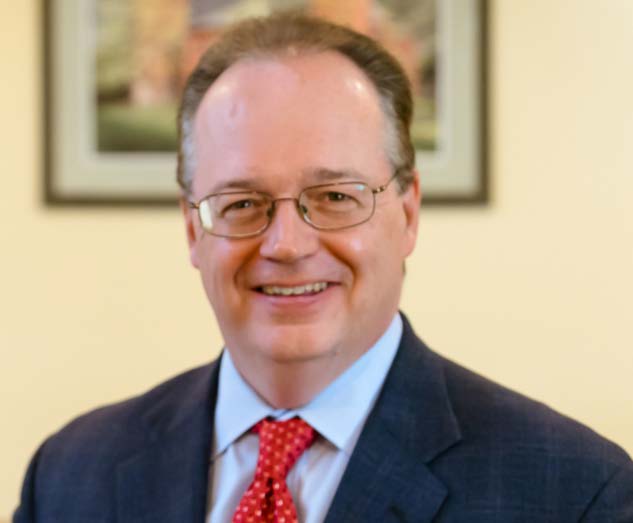|
Every year, more than 5,000 New Yorkers receive letters from the NYC Bureau of Fraud Investigation. The letters ask you to come in for an "interview" with a Medicaid fraud investigator. You are also asked to bring documents, such as tax returns and bank statements. The first question most clients ask is: "Do I need a lawyer?" The second question most clients ask is: "If I hire a lawyer, won't the investigator think I'm guilty?" Let's understand something from the start. If the investigator sent you a letter, then the investigator already thinks you are guilty. The investigator already has your payroll records from your current and former employers, your credit report, and other documents showing your assets and income. The investigator knows where you live, whether you own or rent your home, how much you pay each month for rent or mortgage payments, who lives with you, and how much they earn. Two investigators have sat outside your home watching to see who goes in and out. They have taken photos of your home and its residents, and they have spoken with your neighbors. If you go to their office for an "interview," you will be placed in a small, windowless room with two investigators. One investigator will interrogate you, while the other one writes down everything you say. Anything you say can and will be used against you. It will be a very intimidating experience. Based on your interview, the investigators will decide what to do next. They can demand that you pay back thousands of dollars in benefits. Or they can send your case to the government's lawyers, who will sue you for tens of thousands of dollars. Or they can send your case to the District Attorney, who will charge you with felonies and have you arrested. Here's the good news: You do not have to face the investigators alone. An experienced Medicaid fraud lawyer can contact the investigators on your behalf and find out why they have targeted you. Your lawyer can present evidence and negotiate with the investigators on your behalf. In many cases, our clients never have to answer any questions from the investigators. The first step is understanding the specific facts of your case. We offer a free and confidential consultation to help you understand how to respond to the investigator. We will review your records, explain how the process works, and help you develop a strategy. Call our office today at (212) 601-2728 to schedule a free and confidential consultation with an experienced Medicaid fraud lawyer.
Comments are closed.
|

